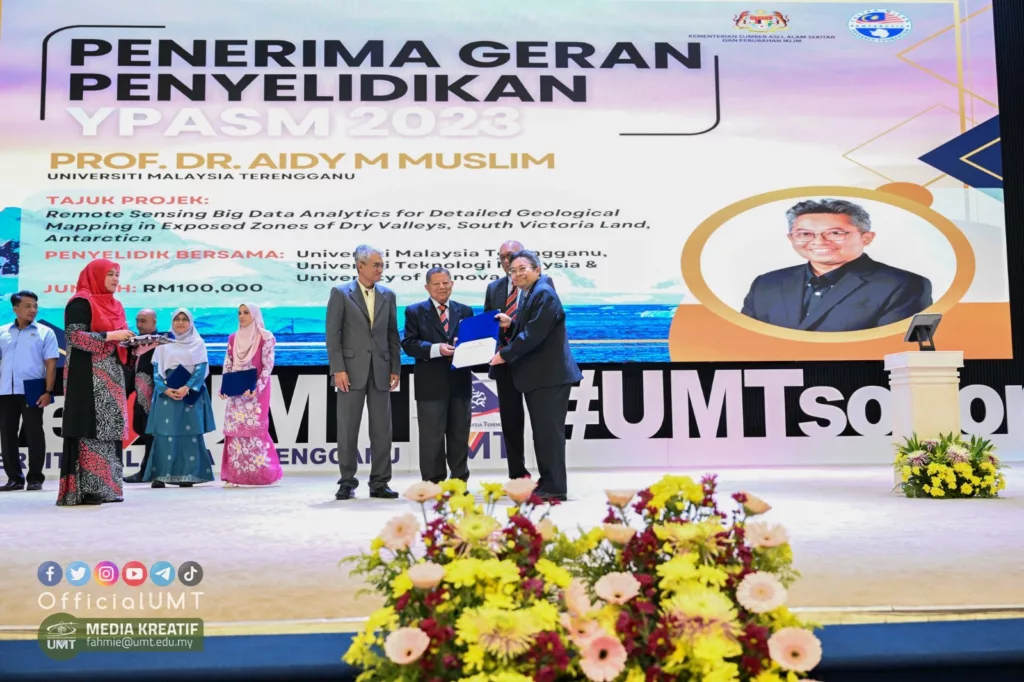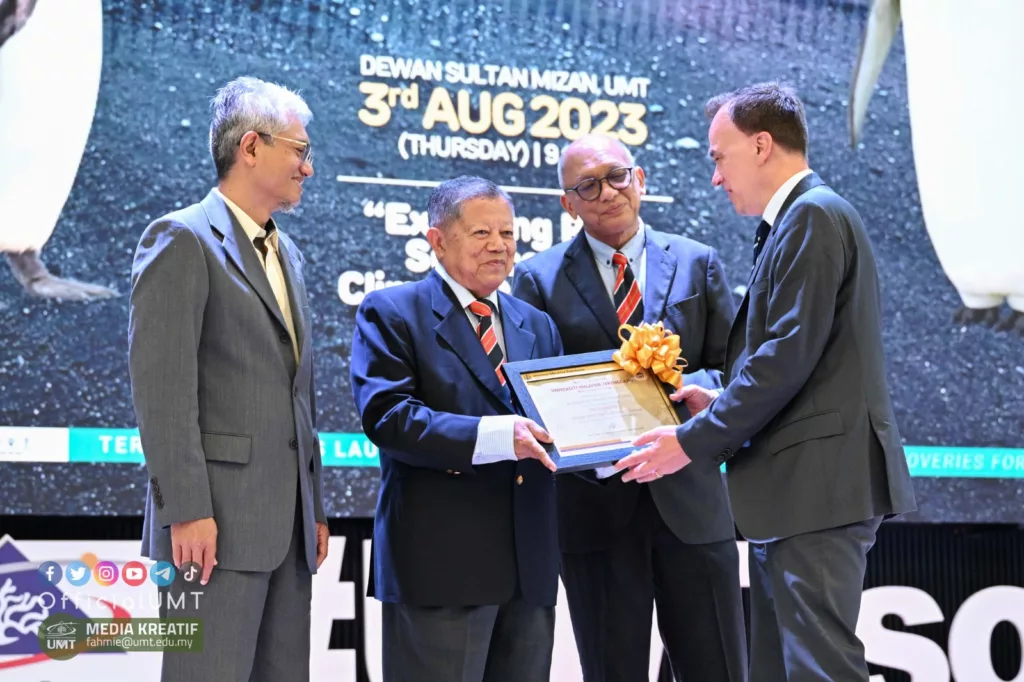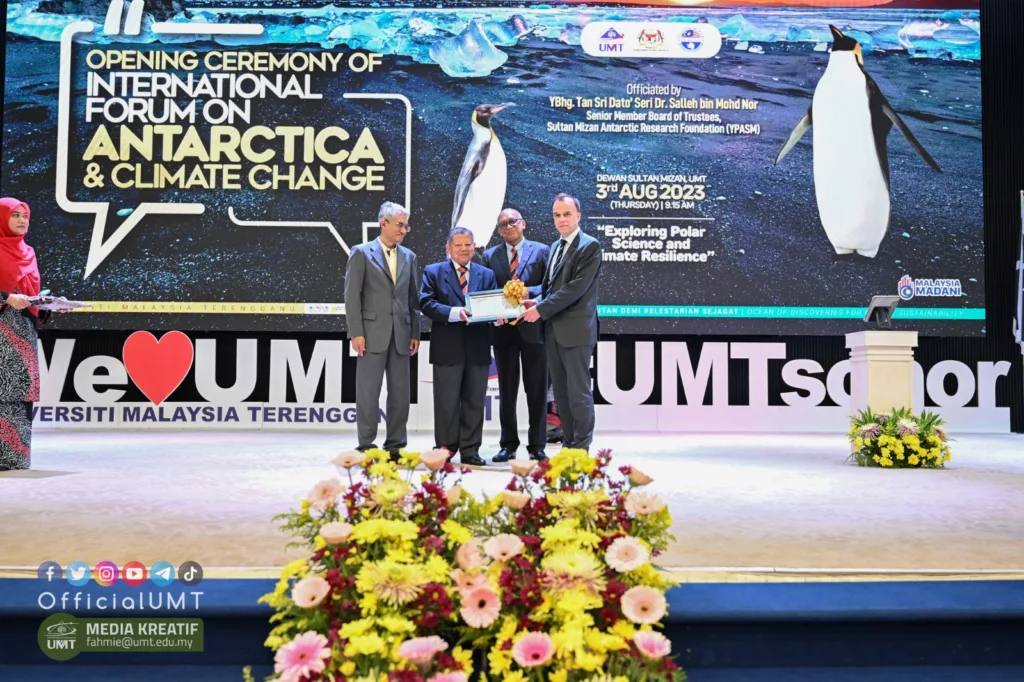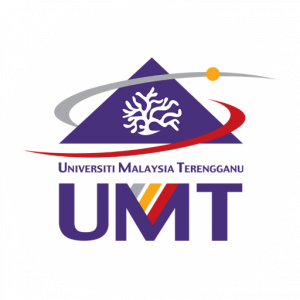DEAF AND BLIND COMMUNITY PRODUCES PLANTING MEDIA FOR IMPROVED SUBSISTENCE AND FOOD ASSURANCE
Monday, 16/1/2023
People’s interest in urban farming is on the rise because of the high prices of leafy and fruity vegetables in the market. The steep prices are due to the increase in the prices of agricultural inputs, such as fertilizers. The price hike of vegetables affects the low-income group. As part of the effort to help the people in this group, especially those in the B40 as well as the deaf and blind communities, Universiti Malaysia Terengganu lecturer Dr. Wan Zaliha Wan Sembok from the Faculty of Fisheries and Food Science has taken the initiative to impart the knowledge of producing fertilizers and planting media to some of the members around Kuala Terengganu and Kuala Nerus.
Various planting media are available in the market and can be obtained at different prices. The media in the market are mostly imported from other countries. Reducing dependency on imported agricultural materials or inputs is a proactive effort. Through the RM8000.00 fund obtained from the Knowledge Transfer Assimilation Grant Scheme (KTAGs) offered by the Centre for Knowledge Transfer and Industrial Networking, UMT, she has helped four communities in Kuala Terengganu and Kuala Nerus to improve their subsistence by allocating the fund among them. Her knowledge transfer project titled Mikopreneur: towards food supply assurance and community’s subsistence improvement has helped the deaf and blind community and the communities from Sultan Mansor Secondary School and Bukit Tunggal Primary School through the sale of the supplied grey oyster mushrooms. Each community was given 600 mushroom substrates for two rounds of growing.
The first round of growing (300 substrates) provided the community with an income of RM500-700. Once the mushrooms were harvested, the substrates were not able to produce them anymore, but the UMT researcher managed to turn the substrates into another source of income. The used substrates were converted into planting media by adding soil enhancer, Mikoriza, which she has studied. The soil enhancer can increase crop yields and the quality of fruits and vegetables through its various functions. Besides serving as a planting medium, the mikoriza-enhanced mushroom substrates also acts as a bio-fertilizer. The used substrates are also made to become a soil enhancer known as biochar or bio charcoal. To convert the substrates into biochar, they must undergo a pyrolysis burning process at a temperature of 400-500 degree. The resulting planting medium called MushPro is used by the deaf and blind community for their own fertigation and also sold at a reasonable price to help the B40 group who are interested. They plant leafy and fruity vegetables, including Pak Choy, okras, chilies, and eggplants.
Terengganu is home to 20,467 disabled people from various categories including deaf and blind. It is the responsibility of the normal society to help these people live an equal life by providing them with knowledge in various fields especially agriculture, which can help them earn a side income.
It should be noted that the world’s population in 2050 is estimated to be 9.5 billion people. The population in Malaysia will also increase. To ensure sufficient food supply in the future, it is the responsibility of today’s generation to make food production sustainable. This is where the transfer of knowledge gained from research at universities to the society becomes important.

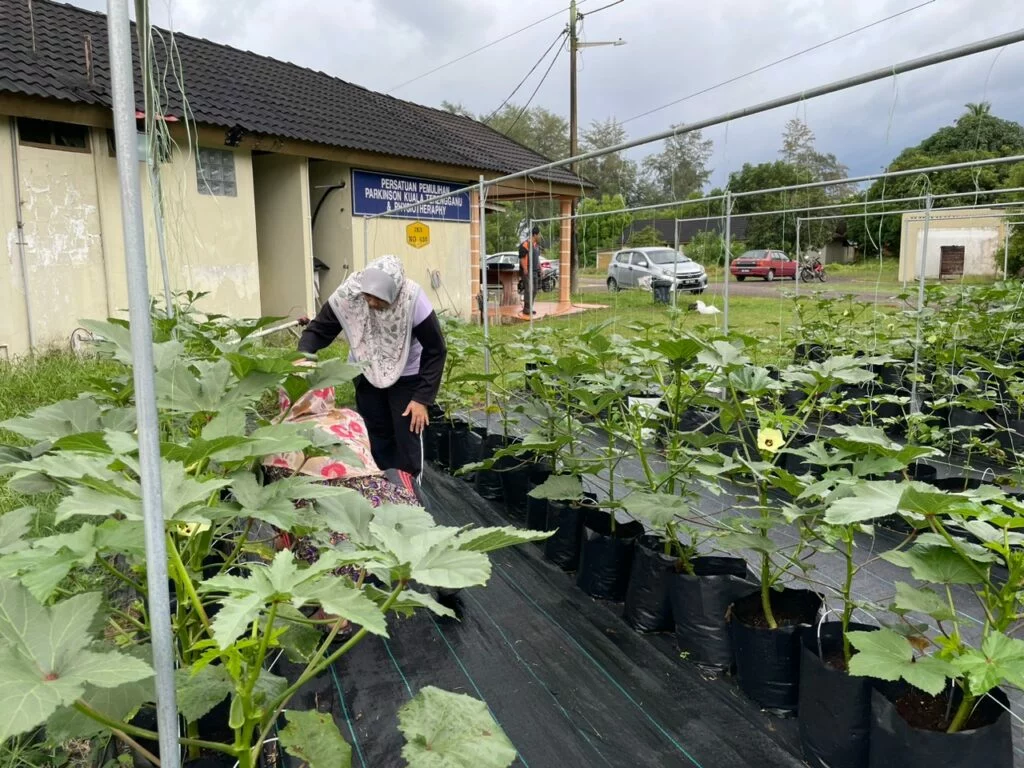
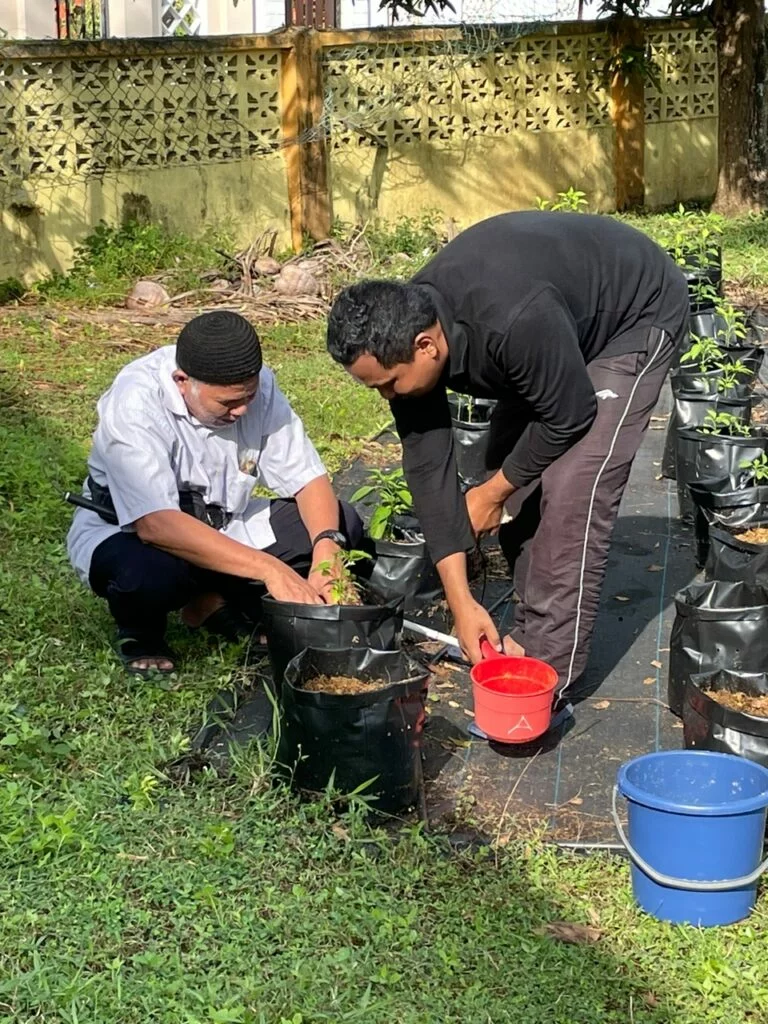
Malaysia participates in the Antarctic research
Tuesday, 08/08/2023
About 500 participants comprising researchers, scientists, policy makers, and students from local and overseas universities took part in 2023 International Forum on Antarctic and Climate Change to present their research findings and discuss the best solutions for managing the global climate change issues.
The event is a follow-up to the Paris Climate Agreement, signed by 196 countries during the UN Climate Change Conference in Paris on 12 December 2015 as part of the effort to protect and conserve the environment.
The Antarctic, which stores about 90 percent of the earth’s fresh water in the form of water layers, glaciers, and ice cubes, is being negatively affected by the global warning, and this will lead to problems on earth, including extreme draught, heat waves, and big floods.
Universiti Malaysia Terengganu (UMT) has been collaborating with Sultan Mizan Antarctic Research Foundation (YPASM) to put Malaysia as one of the countries that cares about the global climate change through research related to the Antarctic.
YPASM’s Board of Trustees in its meeting in December 2020 agreed to choose UMT as the place for its Antarctic Science Chair. UMT Vice Chancellor Prof. Dato’ Dr. Mazlan Abd Ghaffar said UMT is grateful for the recognition.
“The establishment of the chair is part of the strategies to make Malaysia’s contributions towards scientific research at the Antarctic more significant and acknowledged by the Antarctic Treaty that is responsible for matter related to the Antarctic.
“UMT is committed to organizing programmes that focus on the Antarctic issues and hopes that they will bring positive impacts to Terengganu and Malaysia, as we attempt to create awareness among the people of the influence of the Antarctic on the climate change everywhere in the world including Malaysia,” said Prof. Mazlan during the Opening Ceremony of the 2023 International Forum on the Antarctic and Climate Change at Sultan Mizan Hall, UMT, today.
The ceremony also saw Professor Dr. Martin J. Siegert from Imperial College, United Kingdom, appointed as the holder of the Antarctic Science Chair, based on his expertise in geology and glaciology.
Dr. Sigert said all parties, including individuals, agencies, and organizations, need to take the responsibility in managing the global warming issues.
“When ice melts, it moves to the oceans and causes an increase in water level. This indirectly contributes to an extreme case of global warming.
“Scientists estimated that sea level has risen at least half a metre during this century.
“If we do not stop the activities that are contributing to the current global warming, the sea level may rise to two metres or more in the future, which will affect the world including Malaysia.
Meanwhile, a researcher from UMT’s Institute of Oceanography and Environment (INOS), Professor Gs. Ts. Dr. Aidy @ Mohamed Shawal M Muslim, was awarded with a YPASM research grant amounting to RM100,000 to conduct research titled Remote Sensing Big Data Analytics for Detailed Geological Mapping in Exposed Zones of Dry Valleys, South Victoria Land, Antarctic.
Also present at the opening ceremony was Tan Sri Dato’ Seri Salleh Mohd Nor, member of the Board of Trustees of YPASM.
